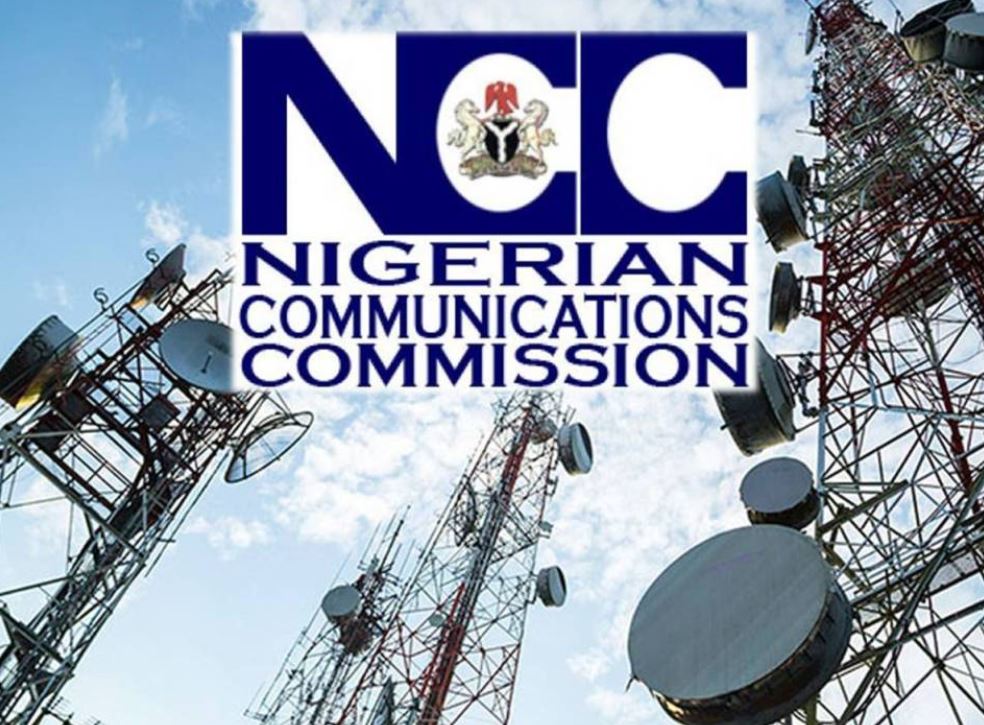Nigeria received a score of 71% from the International Telecommunication Union (ITU) regarding comparable legal, policy, and governance frameworks towards the G5, which represents an advanced level of preparedness for digital transformation.
The ITU and the UK’s Foreign, Commonwealth & Development Office (FCDO) released a report on Nigeria, presented in Abuja on Monday by Dr Bosun Tijani, Nigeria’s Minister of Communications, Innovation, and Digital Economy. The Nigerian Communications Commission (NCC) issued a statement stating that Nigeria received a scorecard.
Nigeria was ranked among Africa’s top seven in the 5G Readiness Index, which represents the country’s readiness to deploy and adopt mass-market 5G networks.
Read also: How telecommunication standard organisations Impact communications
ITU Standard for Nigeria’s Digital Readiness
The national collaborative governance, policy design principles, digital development toolkit, and digital economic policy agenda are the four fundamental levels of success against which the ITU benchmarked the Advanced State of Readiness measurement for each country.
Based on the report, Nigeria scores 91% in regulatory capacity, 82% in Market Rules, 81% in Collaborative Governance, 76% in Legal Instruments for ICT/Telecom markets, and 69% in National Digital Agenda Policy, among other benchmarks.
Dr Tijani, who praised the ITU, partner agencies, and consultants for their work in actualising the report, said that the Nigerian government is committed to using this report as a navigational aid to attain its regulatory objectives and policies and achieve a robust digital economy.
Key performance indicators (KPIs) are essential tools that help create efficient regulatory frameworks, draw in more investment, and develop creative models for improved digital inclusivity.
Dr Aminu Maida, Executive Vice Chairman of the Nigerian Communications Commission (NCC), emphasised this during the presentation. The NCC tries to advance Nigeria’s digital economy by adopting collaborative regulation, facilitating efficient digital governance, data-driven policymaking, and flexible regulatory responses.
The remarks made by Dr. Maida emphasised the significance of a collaborative approach to regulation, stressing its capacity to propel Nigeria’s digital transformation and foster an environment of evidence-based decision-making.
The NCC aims to establish a conducive environment for innovation, investment, and digital expansion by utilising collaborative regulation. This would ultimately open the door for a more resilient and inclusive digital economy in Nigeria.
Read also: NCC, Globacom, eBusinesslife push for gender inclusion in ICT
Evaluating Telecom Regulatory Growth for Digital Transformation
The report was intended to enhance current cross-country benchmarks that evaluate a country’s policy and regulatory environment.
It was presented to a broad range of essential industry stakeholders, including service providers, government agencies, representatives of multilateral institutions, the West Africa Telecommunications Regulators Assembly (WATRA), and the Africa Telecommunications Union (ATU), among others.
The G5 Advanced State of Readiness, for which Nigeria is currently ranked G4, aims to track telecom regulatory maturity towards digital transformation readiness.
Each country’s policy and regulatory environment features are evaluated based on the pillars of the Generations of Regulation frameworks.
















